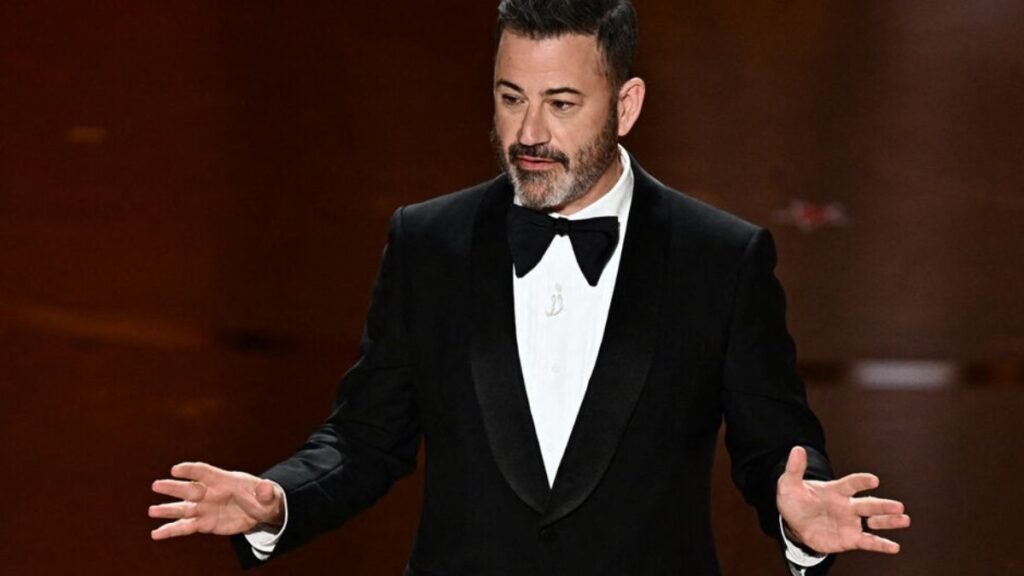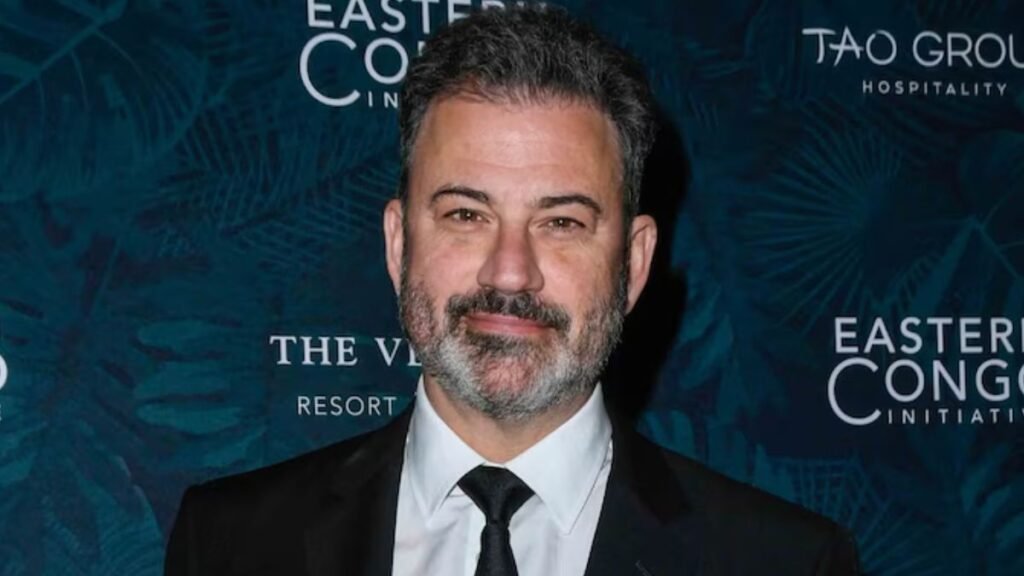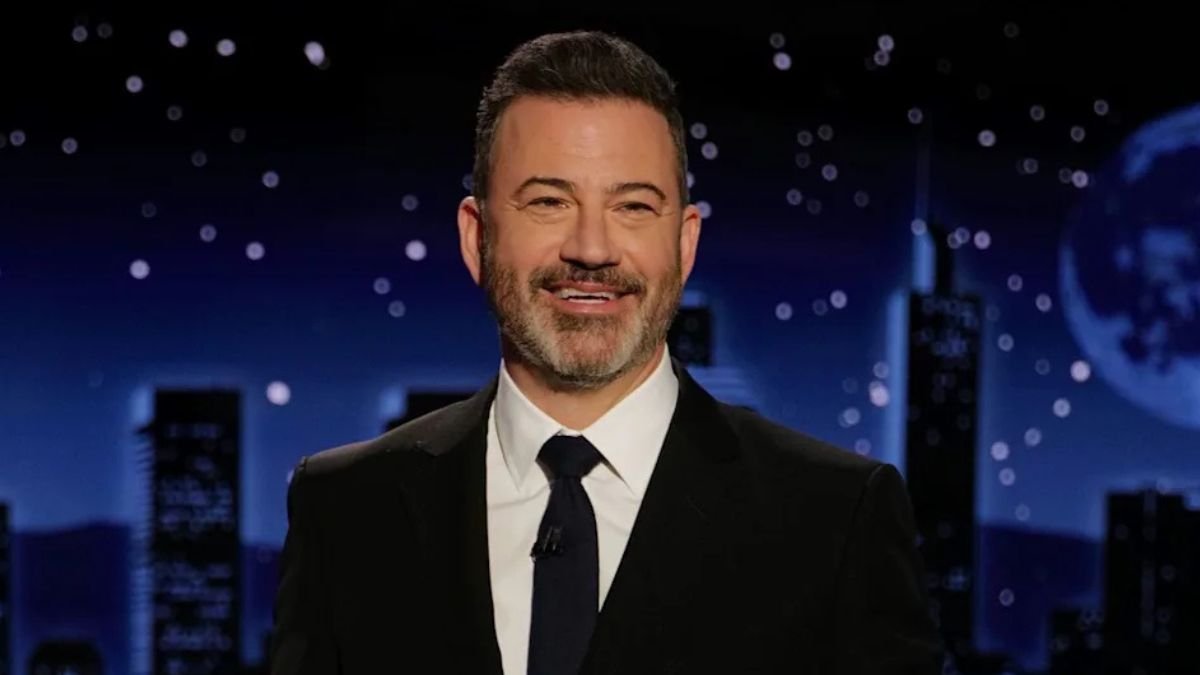When people talk about American late-night television, one name almost always comes up — Jimmy Kimmel. For more than 20 years, he has been part of the nightly routine for millions of viewers, with his mix of celebrity interviews, sharp comedy, and occasionally, heartfelt stories. But this September, Kimmel’s long-running show landed in trouble after a remark about conservative figure Charlie Kirk sparked outrage.
ABC confirmed on September 17 that Jimmy Kimmel Live! would be suspended indefinitely. For fans, it was a shock. For critics, it felt like overdue accountability. And for the network, it was an uncomfortable reminder of how risky late-night TV has become in today’s political climate.
Why Was Jimmy Kimmel Suspended?

The suspension stemmed from comments Jimmy Kimmel made on air in response to the death of Charlie Kirk, a conservative activist. Several ABC affiliates called his words “offensive and insensitive.” Some refused to broadcast the episode, pressuring the network to act quickly.
ABC then announced that Jimmy Kimmel Live! would be pulled and replaced with other programming. That decision ended, at least for now, one of the longest late-night runs in recent television history.
This isn’t the first time Jimmy Kimmel has stirred political controversy, but the fact that affiliates revolted shows how sensitive networks have become. Viewers are more polarized than ever, and what was once brushed off as edgy humor can now spiral into a national headline within hours.
Who is Jimmy Kimmel?

To understand why this moment is so striking, it helps to look at who Jimmy Kimmel really is. Born James Christian Kimmel in Brooklyn in 1967, he grew up in a working-class Catholic family. He has often said that his sense of humor was shaped by watching legends like Johnny Carson and David Letterman.
Also Read: Emmy Winners 2025: Complete Winners List, Major Surprises, and Record-Breaking Moments
As a teenager, he worked as an altar boy, and in later interviews, he’s admitted that his family’s modest background influenced both his comedy and his work ethic. Unlike some celebrities who stumble into fame, Jimmy Kimmel had to grind his way up.
From Radio Pranks to Television Breakthroughs
Kimmel’s first steps into the spotlight came through radio. Using the nickname “Jimmy the Sports Guy,” he became known for pulling pranks and injecting humor into sports commentary. But success didn’t come easy — he was fired more than once.
His television break arrived on Comedy Central with Win Ben Stein’s Money. Viewers loved his quirky delivery, and the show even won him an Emmy. Soon after, he co-created The Man Show, a controversial program that mixed satire with boundary-pushing comedy. It wasn’t always tasteful, but it got people talking and set the stage for bigger things.
The Launch of Jimmy Kimmel Live!
In 2003, ABC gave Jimmy Kimmel his own late-night show. At first, it struggled against giants like Jay Leno and David Letterman. But slowly, Kimmel built a niche. His blend of celebrity pranks, viral sketches, and unfiltered monologues won over younger audiences.
One moment that stood out was his emotional monologue about his son’s heart surgery. That speech went beyond comedy — it turned into a heartfelt plea for healthcare reform. For many viewers, it showed a vulnerable side of Jimmy Kimmel they hadn’t seen before.
Over the years, Jimmy Kimmel Live! produced countless viral segments like “Mean Tweets” and celebrity spoofs. The show earned multiple Emmy Awards and turned Kimmel into a cultural force. But it also pushed him into the political spotlight, especially during the Trump years, when his monologues often doubled as sharp political commentary.
The Charlie Kirk Controversy
The suspension that now clouds his career came after a comment about Charlie Kirk. Affiliates argued that Jimmy Kimmel had crossed a line by joking about a death, something many viewers saw as beyond the limits of satire.
Also Read: Trump Xi Beijing Summit 2025: Will the Leaders Meet Amid Trade and Fentanyl Tensions?
This moment raises a broader question: how far can late-night comedy go? For decades, comedians have poked fun at politicians and activists. But in today’s climate, the backlash is faster and fiercer. What might have once been dismissed as a late-night jab is now dissected across social media, podcasts, and news cycles.
Public Reaction
The fallout has been split. Some viewers defended Jimmy Kimmel, saying comedians should be free to push boundaries and challenge public figures. Others argue he showed poor judgment and that suspension was the right call.
Industry voices also point out that this controversy isn’t just about one remark. It reflects a shift in late-night TV itself. Hosts like Jimmy Kimmel, Stephen Colbert, and others have blurred the line between comedy and political commentary. That makes their voices influential — but also risky for networks that depend on broad audiences.
What’s Next for Jimmy Kimmel?
So, where does this leave Jimmy Kimmel? His career is unlikely to be over. He’s too established, too well-connected, and still has a loyal fan base. But this episode could reshape how he approaches comedy going forward. Will he be more cautious? Or will he double down, seeing himself as a voice that shouldn’t be silenced?
ABC, too, faces a decision. Do they bring him back after the dust settles, or do they rethink their late-night strategy altogether? The suspension may just be temporary, but it’s a reminder that even veteran hosts aren’t untouchable.
Taazanow.com- Click Here

